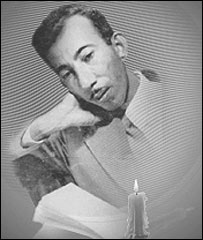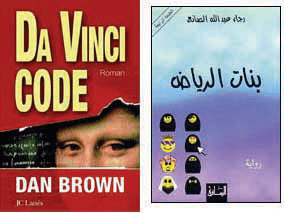
Editor’s Note: The Baghdad I am referring to is that of the Arabian Nights fantasy and the American is the extraordinary man of letters, Edgar Allen Poe. Among his humorous short stories is a tale called “The Thousand-and-Second Tale of Scheherezade,” archived online at http://www.online-literature.com/poe/45/. Here is a taste of the tale, but I suggest you read the whole story online.
Truth is stranger than fiction. Old saying.
HAVING had occasion, lately, in the course of some Oriental investigations, to consult the Tellmenow Isitsoornot, a work which (like the Zohar of Simeon Jochaides) is scarcely known at all, even in Europe; and which has never been quoted, to my knowledge, by any American — if we except, perhaps, the author of the “Curiosities of American Literature”; — having had occasion, I say, to turn over some pages of the first — mentioned very remarkable work, I was not a little astonished to discover that the literary world has hitherto been strangely in error respecting the fate of the vizier’s daughter, Scheherazade, as that fate is depicted in the “Arabian Nights”; and that the denouement there given, if not altogether inaccurate, as far as it goes, is at least to blame in not having gone very much farther.
For full information on this interesting topic, I must refer the inquisitive reader to the “Isitsoornot” itself, but in the meantime, I shall be pardoned for giving a summary of what I there discovered. Continue reading An American in Baghdad


